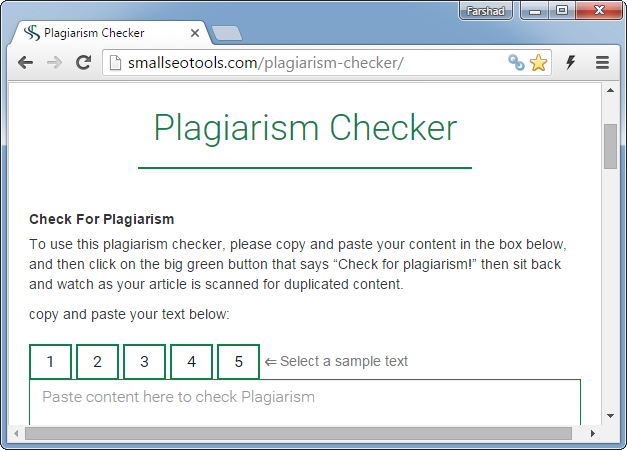While I would love to go to a library and open books to do research the old fashioned way, it’s simply not an option anymore. The demand for quick information and the access to online research resources has placed a huge opportunity cost of working offline.
Be it a deadline for your next research assignment or your next PowerPoint presentation, doing online research is much more convenient than I would like to admit. However, to do good research you must have the necessary resources at hand. Just because something is published online does not mean that it is reliable. However, searching online using reliable resources and smart techniques can help you get the job done with ease and grace. Here are 5 online research tricks you probably did not know about.

1. Switch to the Simplified Version of Wikipedia
We don’t want to admit it but we all use it! Wikipedia is more commonly used for online research than birds use their nests. But the problem with Wikipedia (other than its reliability) is often the language which can be hard to understand. The technical jargons can make it hard to comprehend a topic and people for whom English might be a second language can find it difficult to understand Wikipedia articles. Simple English Wikipedia is a simplified version of Wikipedia which simplifies articles for you in plain English. You can switch to this edition by adding ‘simple’ in the URL of the article, i.e. instead of en.wikipedia.org change it to simple.wikipedia.org.
Go to Simple English Wikipedia
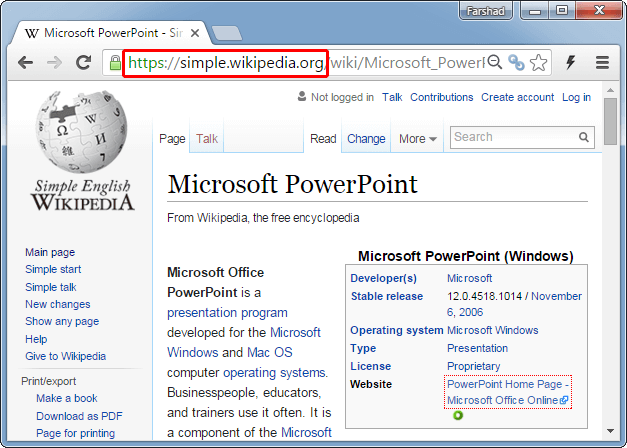
2. Use Internet Archive to Go Back in Time
Ever wondered how an old website looked like? Internet Archive is a website which is basically a library of millions of old books, videos, music and more. You can not only find old versions of a website by typing its URL but also search for old books, videos, audio and the like. The utility of this website for a researcher can be immense, as sometimes search engines don’t show older archives which might actually be more relevant for your research topic.
Go to Internet Archive
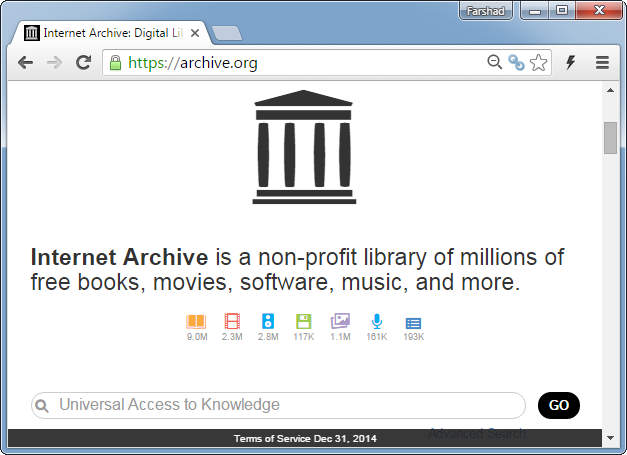
3. Download Quality Research Articles for Free using Wiley Open Access
Wiley is one of the most prestigious archives for downloading publications from the most respectable writers. Using archives like Wiley means that you can find quality publications that are well researched and not marred by open access like Wikipedia. But the problem is that it costs a pretty penny to download content from Wiley. However, there is also a free alternative. You can use Wiley Open Access to download quality publications for free with complete, unrestricted access.
Go to Wiley Open Access
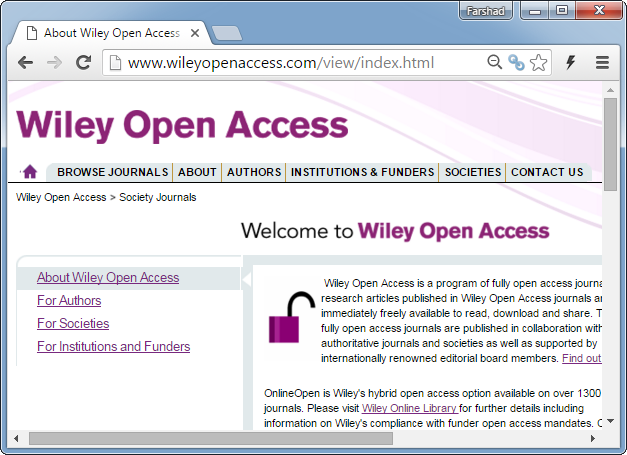
4. Use Google Scholar, Books, Trends and Public Data Explorer for Research
While you might have heard about some of Google’s websites like Google Scholar and Google Books, it is likely you don’t know about Google Public Data Explorer or Google Trends.
Google Scholar: This website allows searching for scholarly articles, citations, abstracts, etc. You can search across various disciplines and look for relevant content using keywords, author name, publisher and related information.
Google Books: While Google Scholar is likely to land you on a page to download a paid publication, Google Books gives access to many free books and also book previews. Even if a book has limited access, you might be able to acquire reliable information for your research paper by reading a book preview or in some cases there is a limit to the amount of pages you can read. Either way, Google Books can serve as a good resource for performing online research.
Google Trends: This tool can be used for searching for trends related to a certain topic. You can search using a keyword or phrase, get trends and find relevant websites about your searched content.
Google Public Data Explorer: This is a great tool to search for public data. Many a times the content you need is available in public records but finding it can be quite tricky. Using Google Public Data you can simplify the job by searching for public-interest datasets with ease.
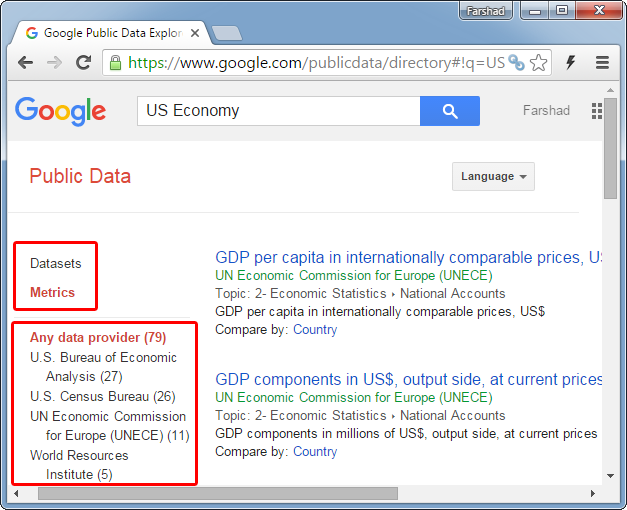
5. Check Your Research Paper for Plagiarism for Free
While many educational institutes provide access to Turnitin or other services for students to check their work for plagiarism, you might have to use the institute’s computers to get your content checked or you might not have access to paid services at times. Moreover, not everyone who does online research is a student and plagiarism tools can cost enough to break the bank.
There are a number of useful websites that you can use for checking your research paper for plagiarism. There are two websites that we would recommend in particular.
Small SEO Tools: This website has a number of useful tools including a plagiarism checker. You can check up to 2000 words per search by pasting your content, upload a file or search by URL. Copied text is displayed in red. You can click the text in red to go to the search result which shows where the content has been stolen from. In other words, it’s a great free tool to cover your tracks!
CopyScape: This tool has a free and paid version. The free edition of CopyScape is basically a search engine which enables searching for copies of content of a website. This might be useful to check if your content has been stolen or if you are citing the wrong source, i.e. a website which might have stolen content.
In case you can somehow opt for the premium edition I can assure you it’s the most reliable plagiarism tool you can ever use. In fact, it is so reliable it can be annoying. CopyScape can even detect if you have been rewriting content from a page or if your sentences seem too close to content from a website. But unfortunately, all that is reserved for the paid version. For the free edition, all you can do is search for content by URL to see if there are any copies of it online.
